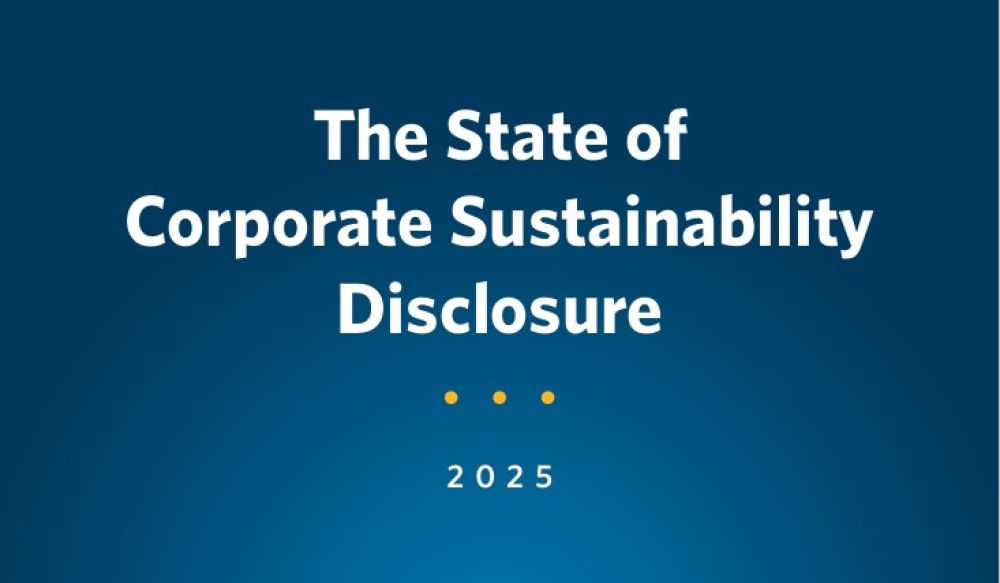UCLA Report Finds Growing Climate Transparency Among S&P 500, But Gaps Remain


Cut through the green tape
We don't push agendas. At Net Zero Compare, we cut through the hype and fear to deliver the straightforward facts you need for making informed decisions on green products and services. Whether motivated by compliance, customer demands, or a real passion for the environment, you’re welcome here. We provide reliable information—why you seek it is not our concern.
A new report from UCLA’s Anderson School of Management and the Institute of the Environment and Sustainability reveals both promising advances and lingering shortcomings in corporate climate disclosure. The 2025 State of Corporate Sustainability Disclosure examines climate-related reporting among S&P 500 companies, analyzing greenhouse gas emissions, climate goals, risk assessments, and transition strategies.
According to the study, more than 88% of S&P 500 firms now disclose direct (Scope 1) and electricity-related (Scope 2) greenhouse gas emissions. Scope 3 disclosures—covering value-chain emissions—have climbed to 69.8%, though they remain inconsistent and incomplete.
Over half of companies (56.9%) have pledged net-zero or carbon-neutrality goals, and nearly a quarter (24.4%) have published climate transition plans. However, only 43.5% have set interim emissions targets, a key step for ensuring near-term accountability.
While all companies with transition plans report mitigation actions such as renewable energy use, only 65.1% include adaptation strategies. The most common adaptation efforts focus on infrastructure upgrades, like flood-proofing assets.
The report highlights transparency gaps in resource allocation and governance. Just half of companies share partial investment figures for climate strategies, and none offer full cost projections. Only 22.9% have board-level oversight of climate plans, and just 7% of board members possess environmental expertise.
Regulatory momentum is expected to push firms toward more complete and standardized reporting, particularly under California’s new Climate Corporate Data Accountability Act (CCDAA) and the EU’s Corporate Sustainability Reporting Directive (CSRD).
The report concludes that while climate disclosures are expanding across the corporate landscape, they often lack consistency, transparency, and sufficient governance. Addressing these weaknesses will be essential to ensure that corporate climate goals translate into credible and effective action.

Mentioned in this article...
More related content

DNV Report: Carbon Capture Investment to Hit $80B as CCS Enters Cri...

Cleantech Investment Faces Steep Decline in 2025

Arcadis Report Reveals Hurdles to Achieving UK Government’s Net Zer...
